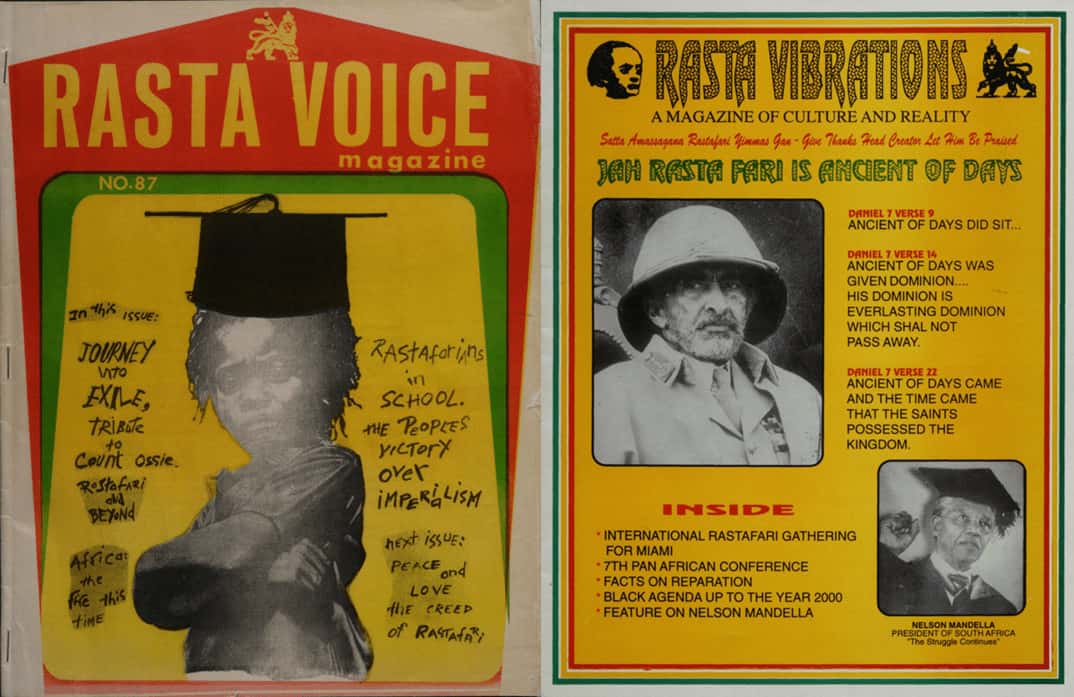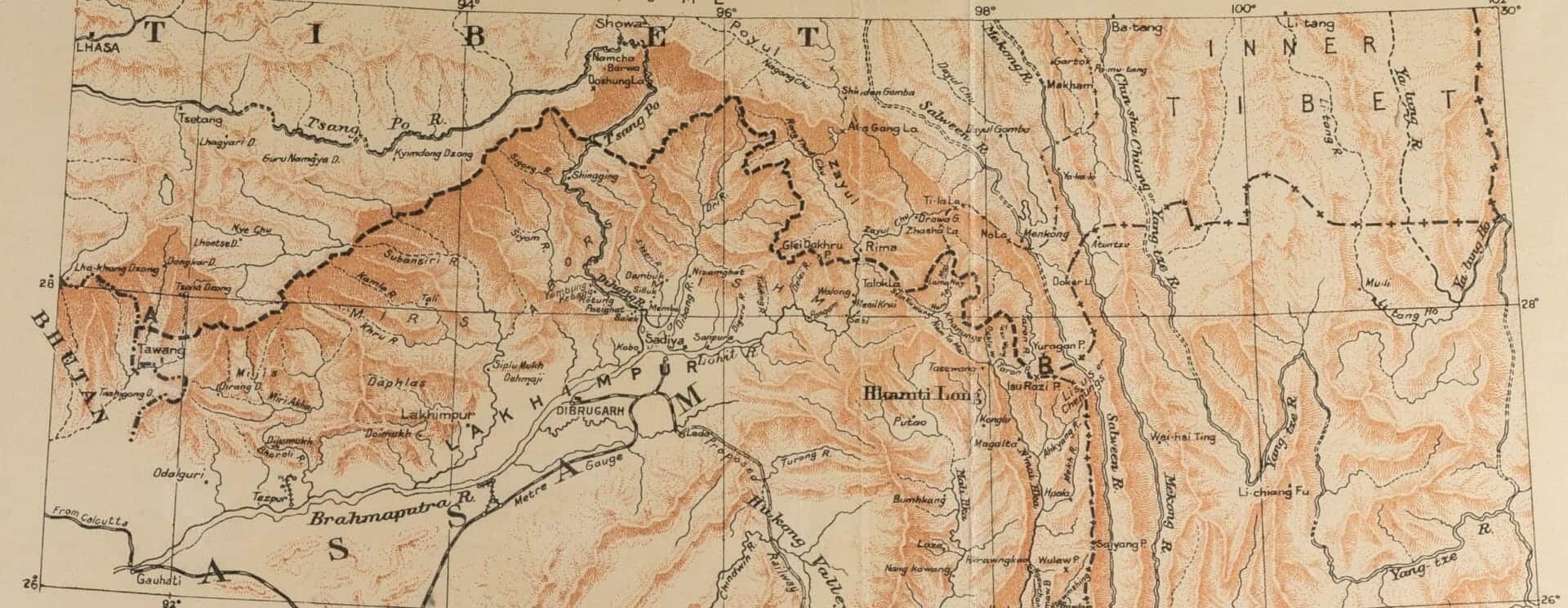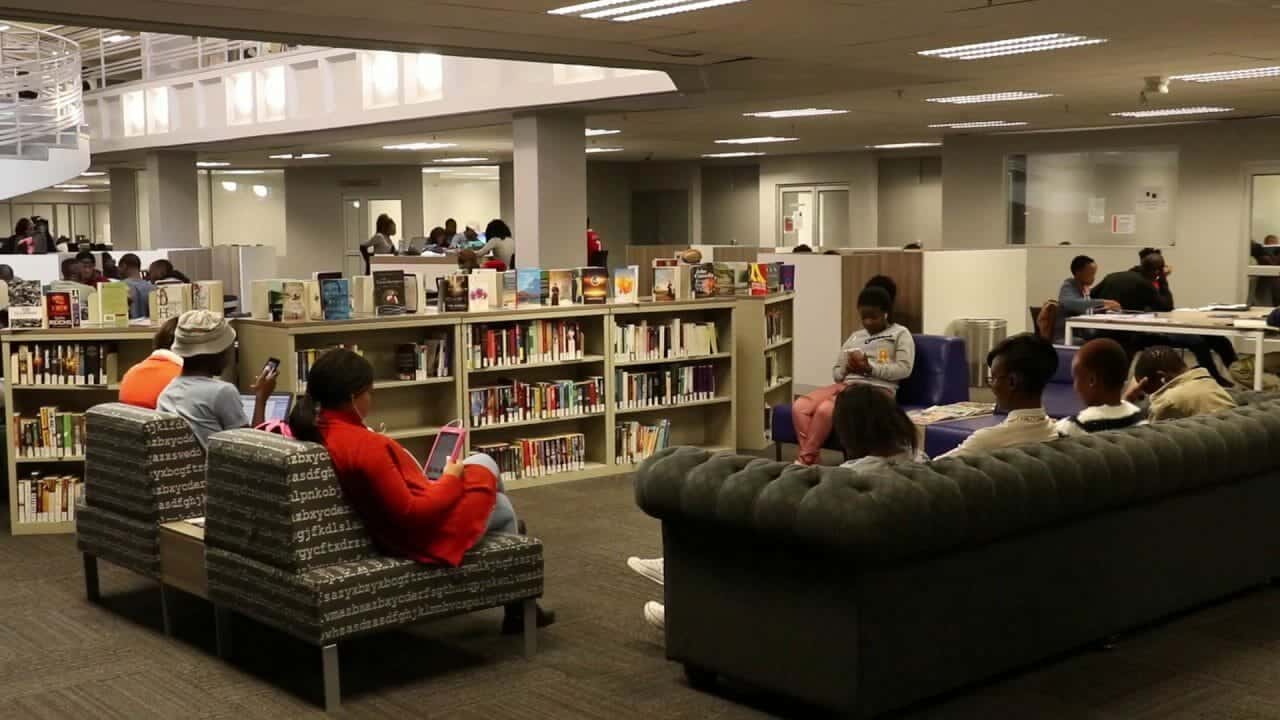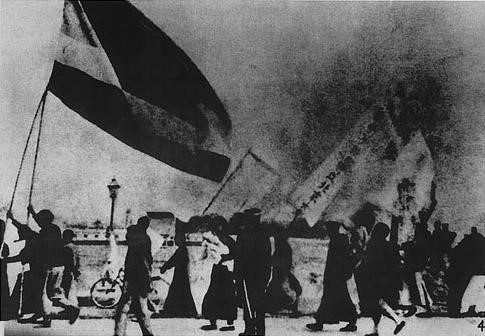│By Nonkoliso Andiswa Tshiki, Gale Ambassador at the University of Johannesburg, South Africa│
My primary school had very strict rules regulating how the African students’ hair should look when we were at school. Hair extensions, for instance, were prohibited. Students were only allowed to have natural hair hairstyles which were deemed neat, such as cornrows. We were particularly prohibited from having dreadlocks; disobeying this rule resulted in expulsion. I am aware that many other school authorities in the rural areas in South Africa forced students to cut their hair so short throughout their schooling career they were effectively bald.










